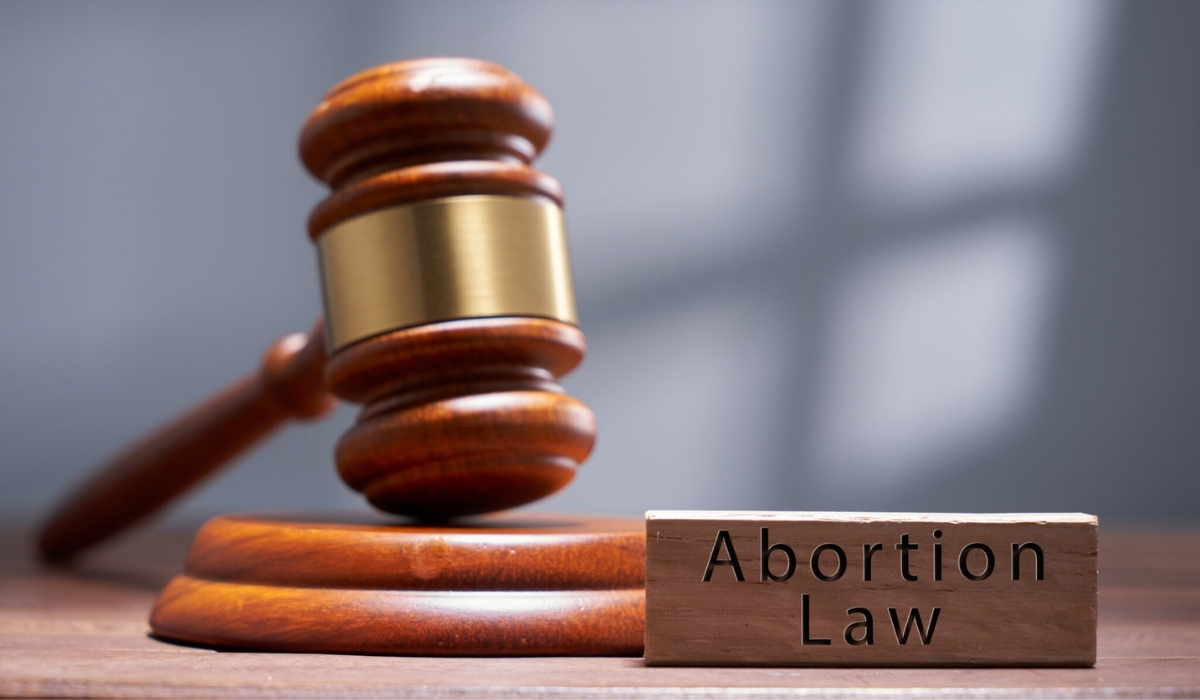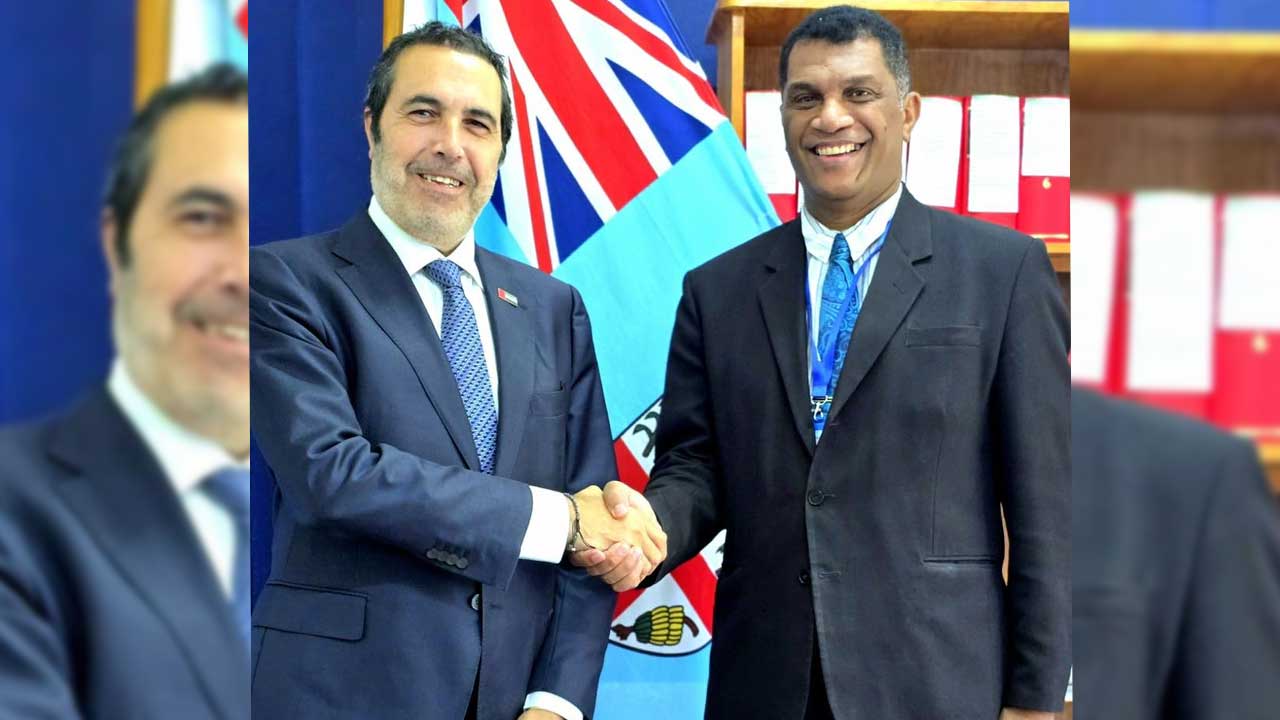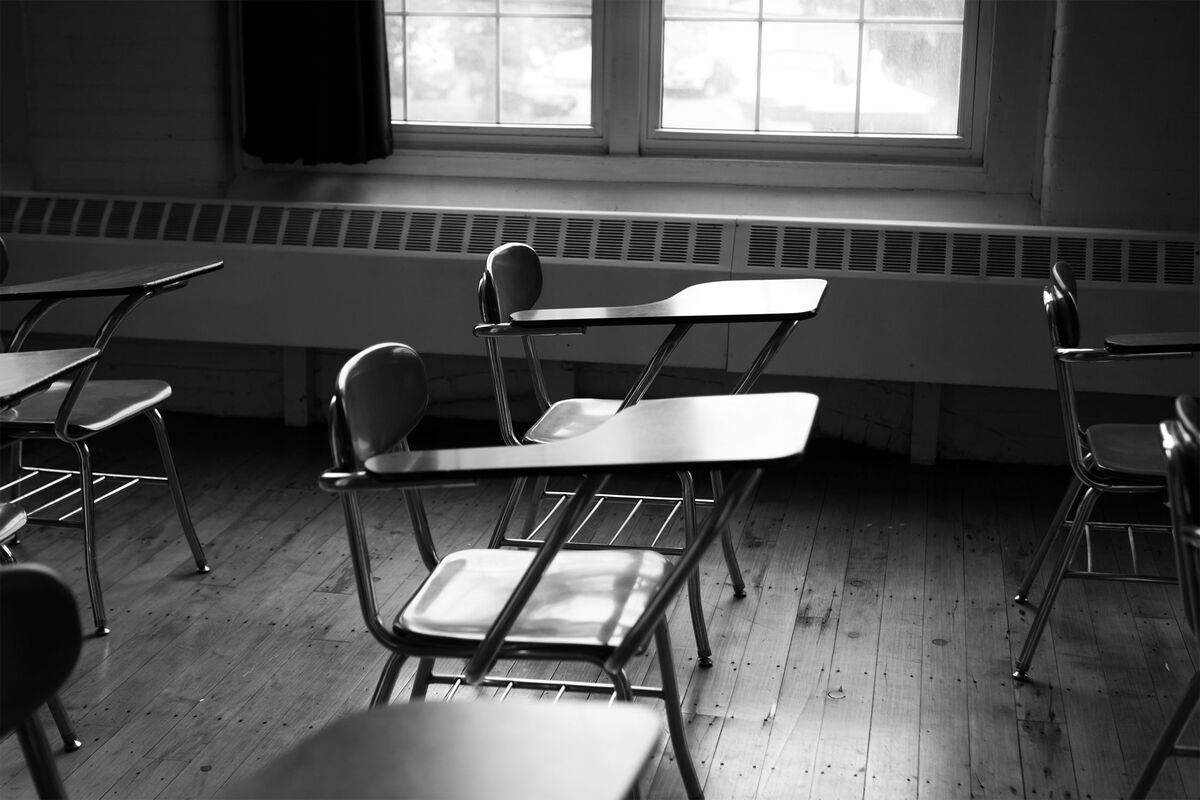By Tribune Online
Copyright tribuneonlineng

By Adenitan Akinola
The disturbing case of a 14-year-old girl in Ibadan, Oyo State, who recently delivered a baby fathered by her biological father, calls for sober reflection on Nigeria’s restrictive abortion laws and, more importantly, on how those laws are interpreted and applied in practice.
According to a report by Radio Nigeria, the teenager was rescued after her pregnancy was discovered and placed under the care of an orphanage. Her delivery, after referrals through two medical facilities, was eventually managed at the University College Hospital (UCH), Ibadan, where she underwent a caesarean section. Meanwhile, her father has since been remanded in Agodi Prison, awaiting trial.
While the criminal prosecution of the perpetrator is commendable, society must not overlook the plight of the girl, who has been forced into untimely motherhood. At only 14, she must now live with the dual trauma of incest and teenage pregnancy in a society where both are stigmatized. The likely outcomes are social rejection, psychological scars, interrupted education, and diminished life chances for both mother and child.
In my considered view, the pregnancy ought to have been lawfully terminated at the point of discovery. Contrary to the assumption that Nigeria’s laws left no room for such an option, the truth is that both the Criminal Code and the Child Rights Act contain provisions that could have justified medical intervention in this case.
Sections 228–230 of the Criminal Code Act generally criminalize abortion but Section 297 of the Act creates a clear exception where it is necessary to save the life of the mother as it provides thus: “A person is not criminally responsible for performing in good faith and with reasonable care and skill a surgical operation upon any person for his benefit, or upon an unborn child for the preservation of the mother’s life, if the performance of the operation is reasonable, having regard to the patient’s state at the time, and to all the circumstances of the case.” Beyond this, Section 1 of the Child Rights Act, 2003 establishes that “the best interest of the child shall be the primary consideration” in all matters affecting the child. If applied in their true spirit, these provisions provide a lawful basis for terminating the pregnancy of a 14-year-old survivor of incest whose physical, psychological, and educational wellbeing were clearly endangered.
It is therefore my belief that the decision of those who directed that the pregnancy be preserved was an error of judgment. By insisting on carrying the pregnancy to term, they violated both the letter and spirit of the law. The “best interest of the child” standard surely could not mean exposing her to avoidable trauma, prolonged medical risks, and the burden of premature motherhood.
Global benchmarks reinforce this reasoning. According to Prof. Adetokunbo Fabamwo, a Professor of Obstetrics and Gynaecology at Lagos State University, abortion laws in many jurisdictions recognize exceptions not only for saving the mother’s life but also for preserving her physical and mental health, and in cases of rape or incest. Countries like Ethiopia and South Africa have already aligned with such standards, ensuring that the rights and dignity of young girls are prioritized over rigid Laws.
The World Health Organization (WHO) warns that complications from pregnancy and childbirth are the leading cause of death among adolescent girls aged 15–19. UNICEF also reports that 19% of Nigerian girls become mothers before 18, with most suffering poverty, stigma, and truncated education. In the Ibadan case, the teenager was not just at risk of these outcomes, she was also subjected to the trauma of raising a child born of incest, a burden that violates every notion of the best interest of the child.
This tragedy should therefore serve as a national wake-up call. While Nigeria’s abortion laws are restrictive, they already provide exceptions that could and should have been invoked here. The failure lay not in the absence of legal cover but in its misapplication.
To prevent future miscarriages of justice, however, the law must be made more explicit. The Criminal and Penal Codes, alongside the Child Rights Act, should be amended to expressly provide that abortion is permissible as of right in cases of rape, incest, or where continuation of a pregnancy poses significant risks to the health, dignity, education, or social development of a minor. Such reforms will not only bring Nigeria closer to global standards but also ensure that children in crisis situations are protected with clarity, compassion, and justice.
In conclusion, the Ibadan case is not just a personal tragedy but a test of our collective conscience. Should a 14-year-old survivor of incest be condemned to motherhood because authorities misread the law? If Nigeria is serious about safeguarding its children, then our laws and the way they are applied must reflect the true spirit of protection, justice, and humanity.
Adenitan Akinola Esq is a lawyer and journalist.
READ MORE FROM: NIGERIAN TRIBUNE



